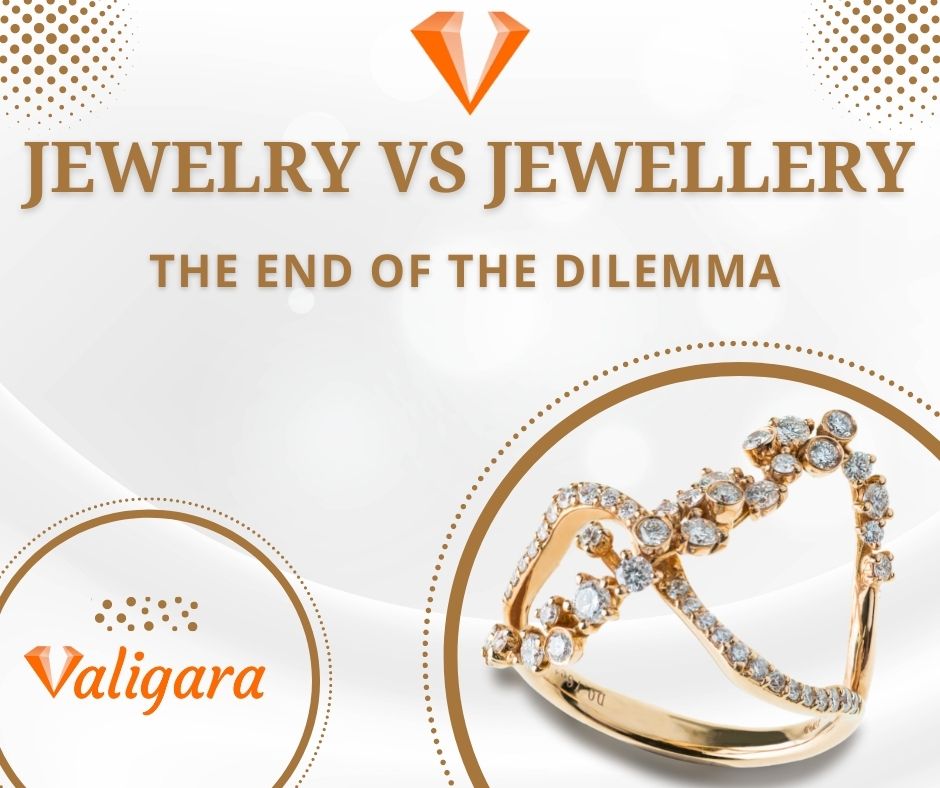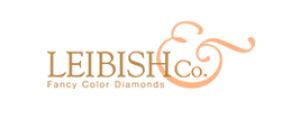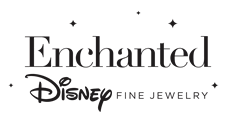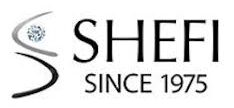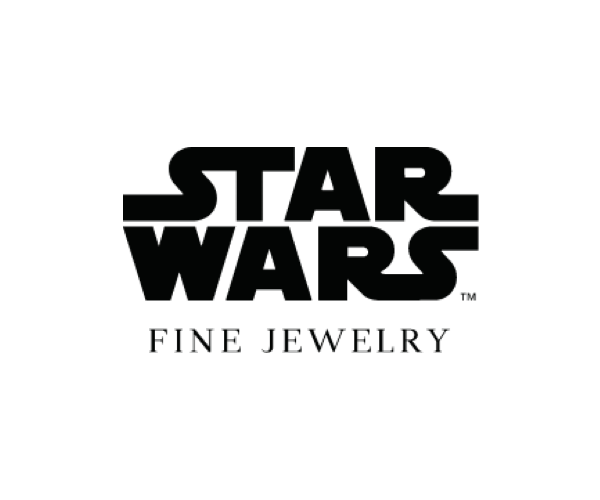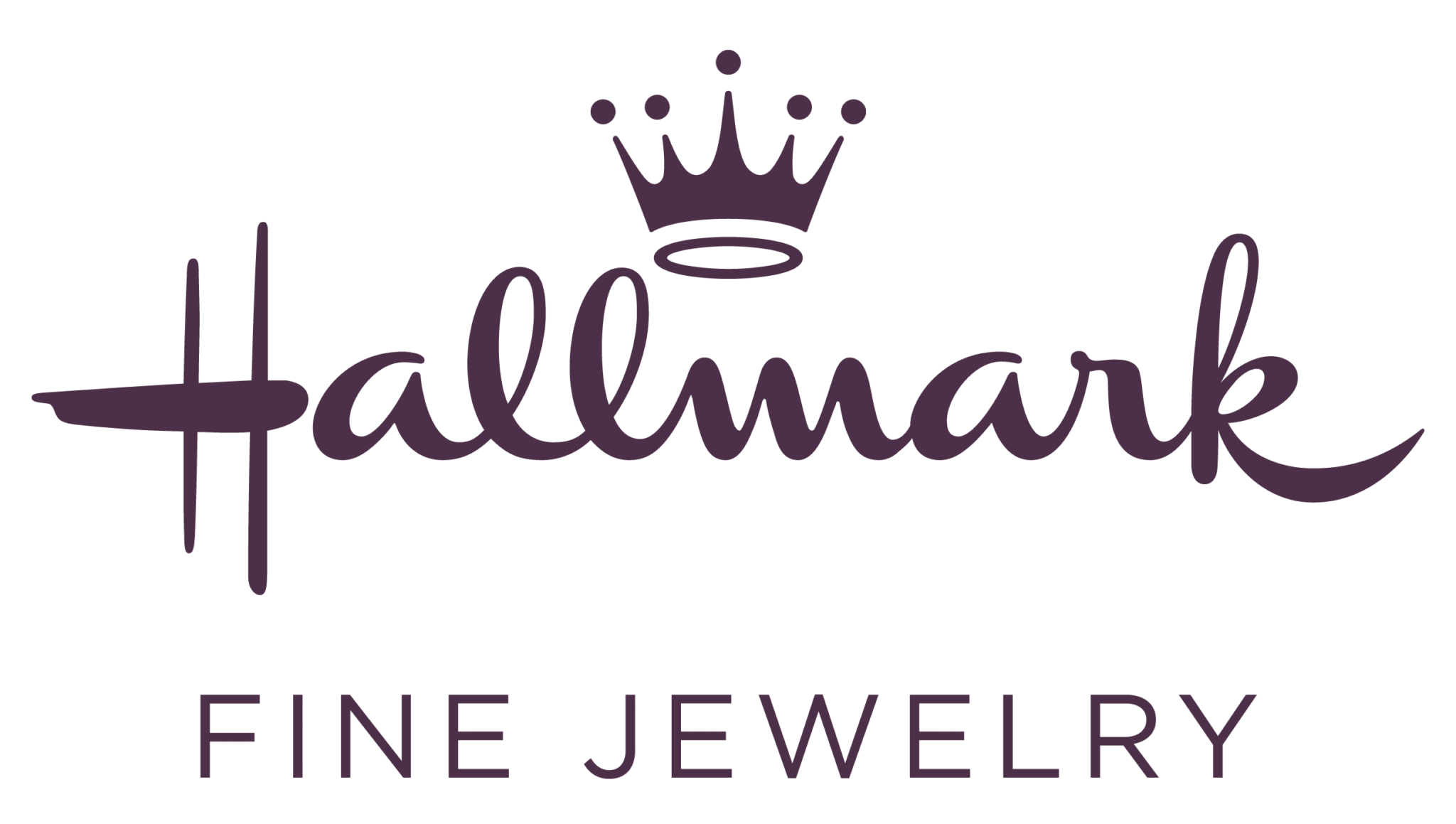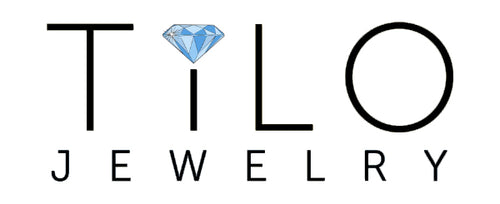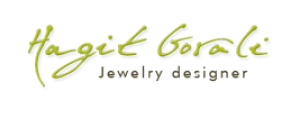Jewelry vs Jewellery: The End of The Dilemma
So, you sell “jewelry” online. Or maybe it’s “jewellery”?
You may have seen it in a MS Word correction suggestion, in various online jewelry product listings, other online content, or on the packaging of a jewelry box. Whatever the case, the endless dilemma of which word is best to use keeps going to this day. So let’s shed some light on this matter and why it may be important for you as an online jewelry seller.
Jewelry or Jewellery
So which one is correct? Well, you may be surprised to know this, but in fact they both are! The only difference is that one is used in American English and the other in British English. “Jewelry” is the spelling associated with the US, and “jewellery” is the one associated with the UK. It’s similar to the difference between “color” and “colour,” or “center” and “centre.”
These are two common English dialects used across the world. Depending on how English entered a particular country and how widely it has spread there, you may find one dialect being used more than the other. And this is when the difference becomes important; you should know which dialect is predominantly used in the countries where you’re selling your jewelry products. Why? Let’s dig into it some more.
Why this is important
Correctness of spelling is only one factor you need to consider when marketing jewelry online, when creating your brand image, or when putting together your content. But language usage goes beyond that. If your customers are in the UK, even if you are a US resident, you should be using their language. So if you’re selling gold diamond rings in the UK, your online product listing should say something along the lines of “diamond and gold jewellery.” Otherwise, your prospects could take offense or form an erroneous opinion about you.
Another reason why spelling is so important is SEO. US jewelry buyers will be searching for “jewelry products” not “jewellery.” While most search engines are quite able to identify synonyms and spelling variations, some marketplace search algorithms are not as advanced. Some of them may have different sorting options based on exact matches for entered keywords. So your online jewelry store and your products will not show up at the top of the results page.
Also, Google just introduced a new term – SKU marketing. So your stock-keeping unit code can be pulled into the algorithm to showcase your product to potential buyers. Therefore, the correctness of your jewelry listing titles becomes even more important now.
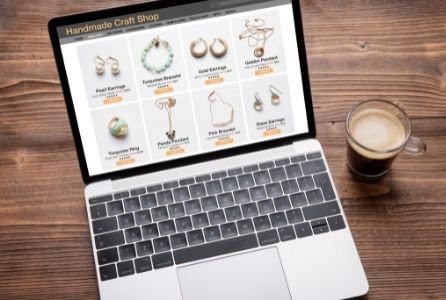
Where to use them
You’ll want to investigate English usage in the countries where you’re planning to sell your jewelry. However, here are some examples:
- Australia, New Zealand, the Republic of Ireland, and South Africa (native English speakers but former UK colonies) – Jewellery
- Canada (native speakers, not fully colonized) – Jewelry and Jewellery
- India, Singapore, Bahrain, and Hong Kong (predominantly non-native English speakers but still former British colonies) – Jewellery
- The Netherlands (non-native speakers, never colonized but nearby the UK) – Jewellery
- The UAE (non-native speakers, never colonized, different continent) – Jewelry and Jewellery
A good rule of thumb is that “jewellery” is the safest one to use in Europe. Most countries there teach British English in schools. In the Asian continent, you might want to look at subsegments of your target market (e.g. expats vs natives). However, for the most part, either term will work there.
This is all the dilemma! We hope you’re now more clear on how to go about selecting the appropriate term for your different business goals and selling your jewelry products online to all those international buyers. Remember, each character matters.
Enjoy selling!


